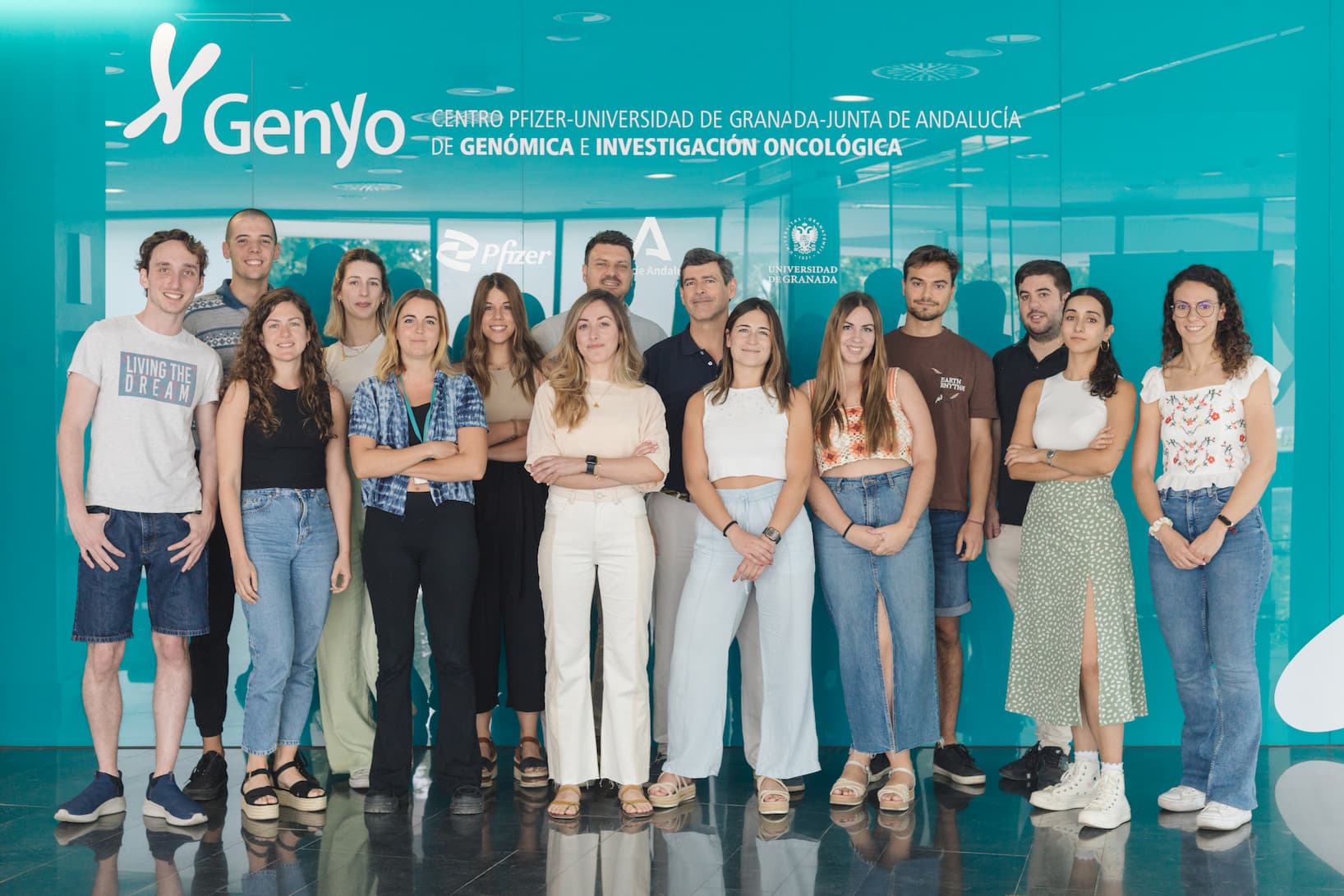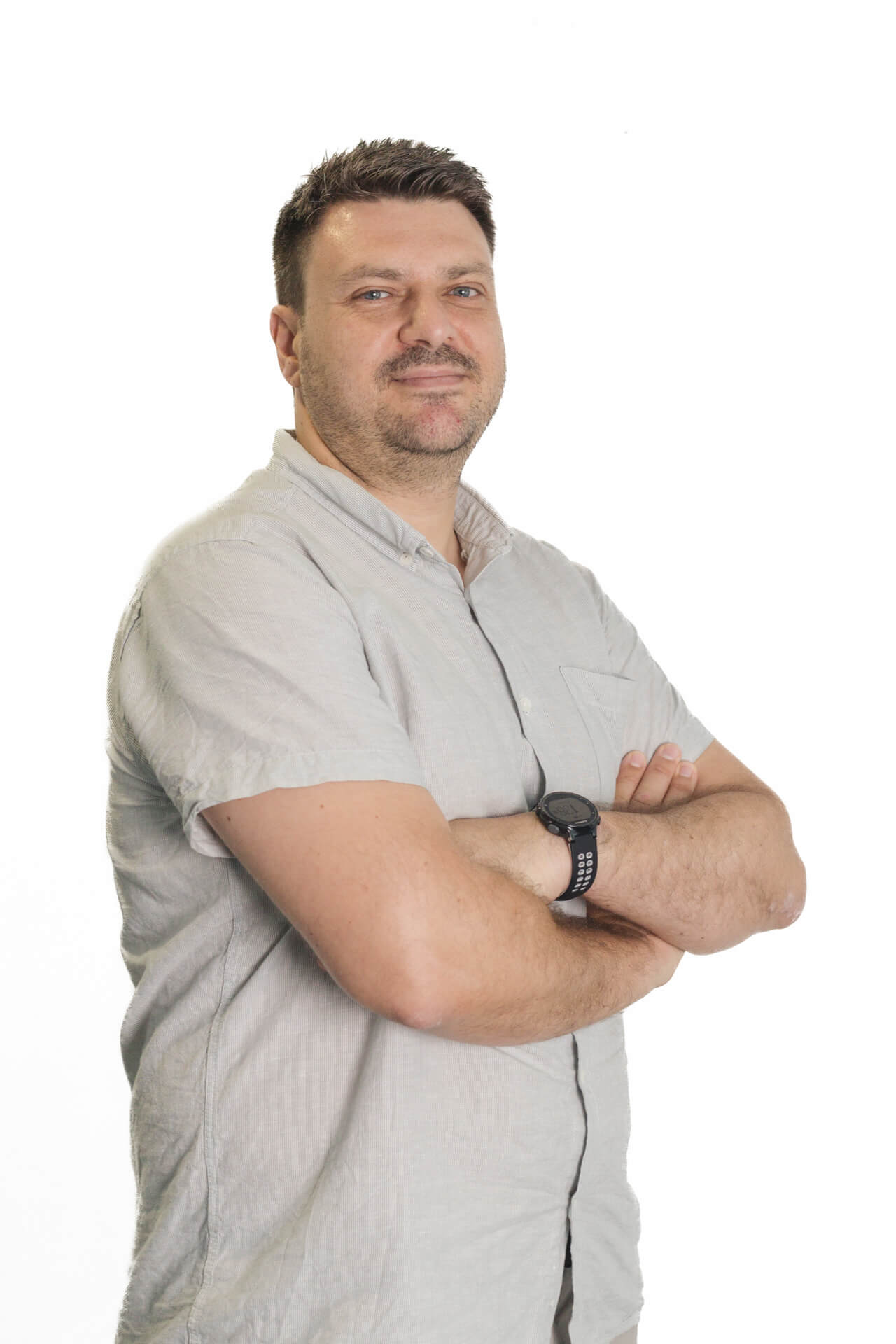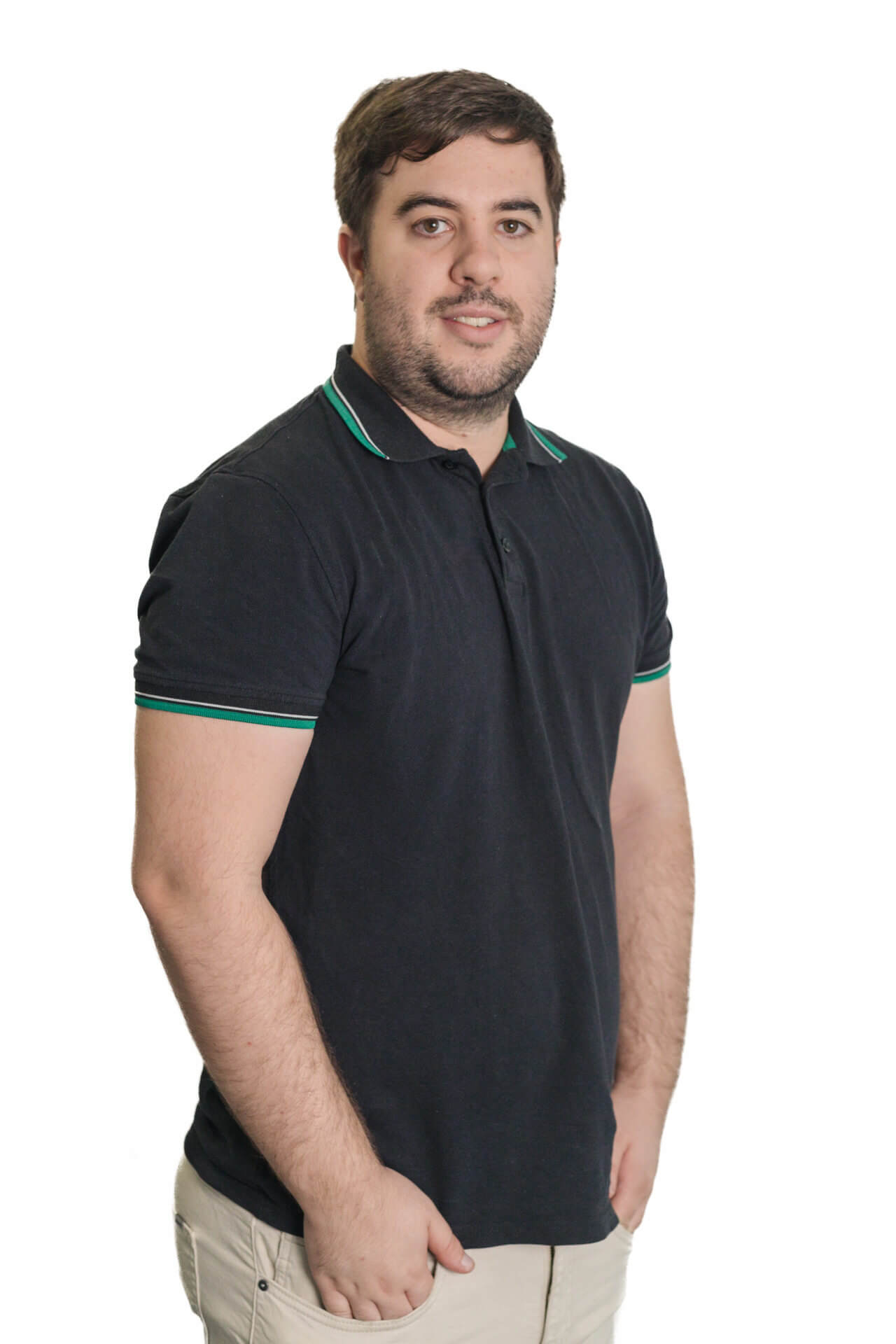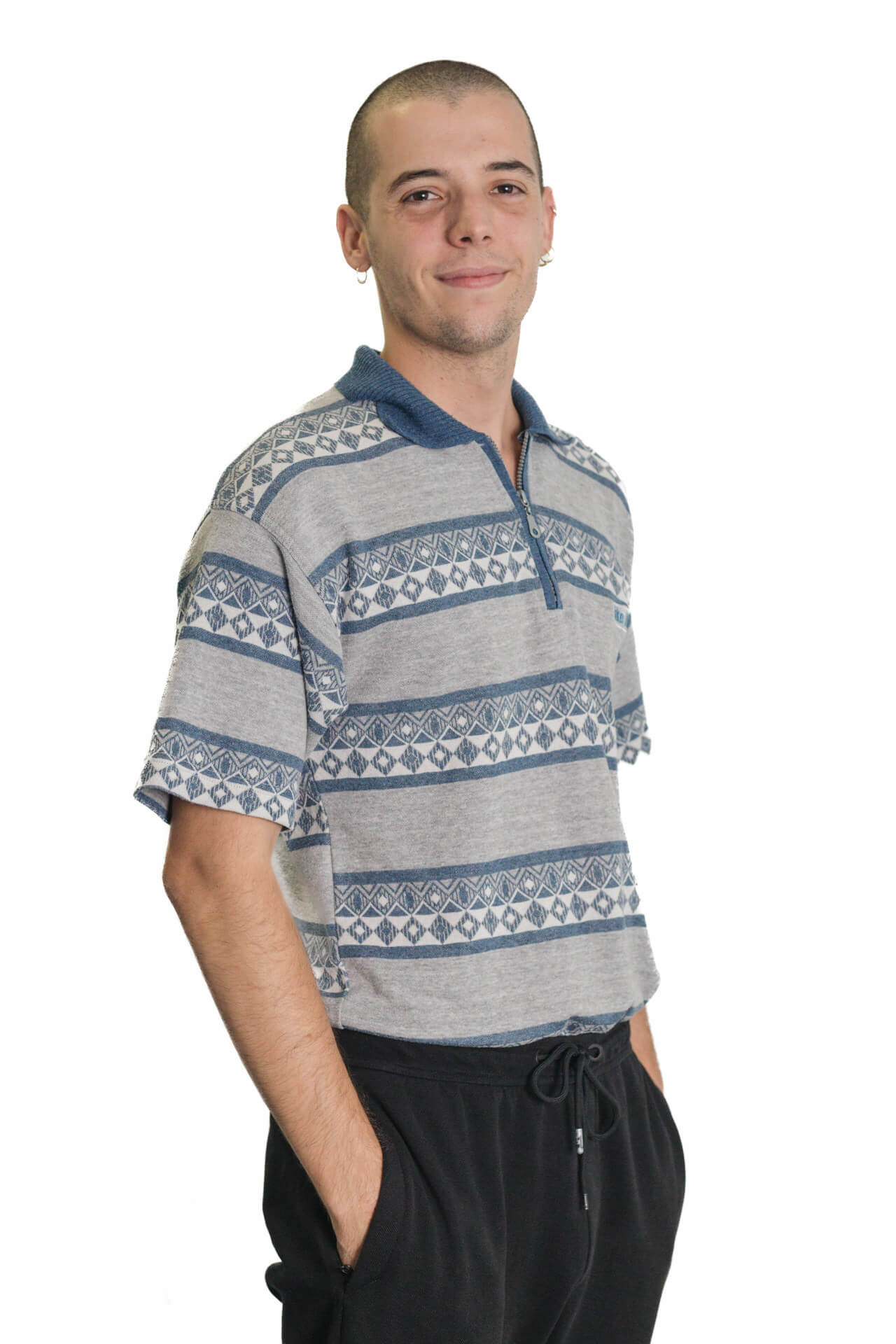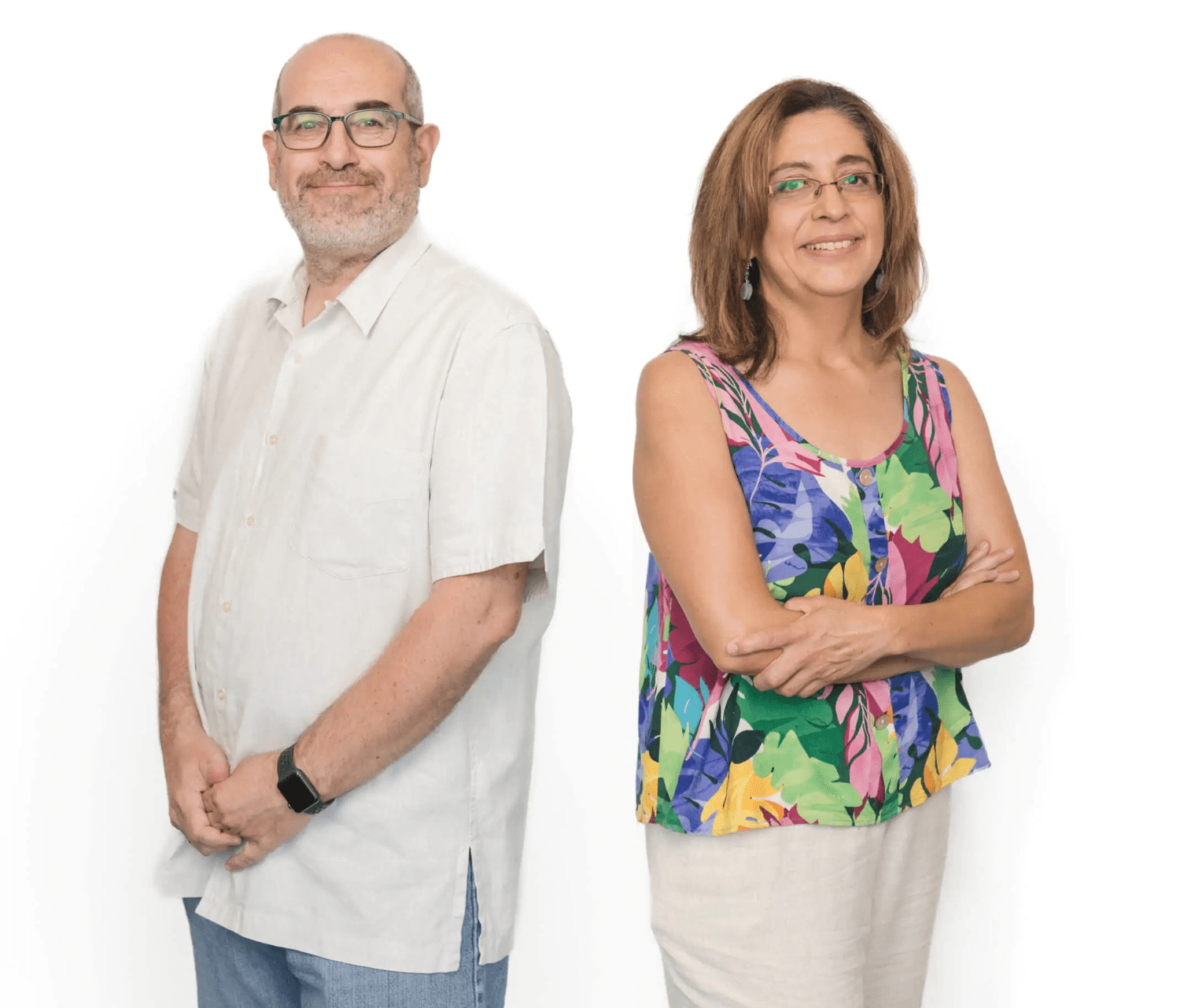No se ha encontrado investigadores para este término.
El objetivo general del grupo de Terapia Génica y Celular (GCTG) es la Mejora y Generación de Medicamentos de Terapia Avanzada para el Cáncer y Enfermedades Raras mediante la Combinación de Adición de Genes y Edición Genómica. En los últimos años, la terapia génica (GT) ha logrado un éxito sin precedentes en ensayos clínicos para diversas afecciones que antes eran incurables. Esto ha llevado a la aprobación de un total de 16 medicamentos de terapia avanzada (ATMP) que implican modificación genética. Es importante señalar que la mayoría de estos medicamentos basados en GT se basan en la introducción de material genético en células diana mediante vectores virales. En esta dirección, el objetivo general de este grupo es generar medicamentos de terapia avanzada basados en modificación genética para el tratamiento del cáncer y enfermedades monogénicas. Para lograr este objetivo, se perseguirán dos sublíneas principales, buscando los siguientes impactos científicos y técnicos:
Mejora de las herramientas de modificación genética
Mejora de las herramientas de modificación genética con un enfoque en el cáncer y las enfermedades raras. A pesar del potencial de los vectores virales, todavía existen diversos problemas de eficacia y seguridad que dificultan su uso para muchas otras patologías. Por tanto, un objetivo importante es perfeccionar los vectores virales disponibles y, más importante aún, implementar nuevas técnicas de terapia génica (GT) basadas en edición genómica (GE) utilizando sistemas no virales. Si bien los vectores virales han mostrado buenos resultados, persisten limitaciones relacionadas con su origen y su capacidad para alterar la expresión de oncogenes en tipos celulares específicos. A diferencia de los sistemas tradicionales, GE permite la creación o reparación de mutaciones y la inserción de fragmentos de hasta 10 kb en un sitio específico con la suficiente eficacia como para traducirlo a aplicaciones clínicas. En consecuencia, la GE no sólo puede reemplazar los vectores lentivirales insertando el transgén en un sitio más seguro o con mejor expresión, sino que también permite nuevos enfoques terapéuticos imposibles con los sistemas tradicionales de modificación genética.
El desarrollo de nuevas estrategias terapéuticas
El desarrollo de nuevas estrategias terapéuticas. para patologías actualmente no tratadas es crucial. Los avances de la sección anterior se utilizarán para crear productos medicinales de terapia avanzada (ATMP ) más eficaces y seguros para el tratamiento de afecciones como la enfermedad de Pompe, los linfomas y el cáncer de páncreas (que pueden extenderse a otros tumores sólidos). Estos ATMP implicarán principalmente la modificación ex vivo de células T (ingeniería de linfocitos) y células madre hematopoyéticas multipotentes (HSC).
- Ingeniería de linfocitos para el tratamiento del cáncer. Células CAR-T
El GCTG ha patentado varias herramientas para el desarrollo de células CAR-T mejoradas para el tratamiento del cáncer. Estas tecnologías sirvieron de base para la creación de LentiStem Biotech, la primera Spin-off española que trabaja con células CAR-T. Además, se espera que a finales de 2024 alcance la aprobación del primer ensayo clínico en humanos. Esta propuesta de ensayo clínico ha sido financiada por el ISCIII para el tratamiento de Leucemias y Linfomas tipo B refractarios y está liderado por la Dra. Inmaculada Herrera de HU Reina Sofía (Córdoba). Además, estamos desarrollando células CAR-T inducibles de 4ª generación para el tratamiento del cáncer de páncreas en colaboración con el Dr. José Antonio Salcedo (GENYO), el Dr. Juan Antonio Marchal (UGR), el Dr. Pedro Sierra y la Dra. María Rueda (HU Virgen de las Nieves), Dr. Felipe Prósper (Clínica Universitaria de Navarra) y Dr. Juan Bueren (CIEMAT). Este proyecto está financiado por dos subvenciones nacionales y la red TerAv y utiliza herramientas de edición genómica, vectores inducibles (patentados por el GCTG) y nanocuerpos para diseñar células CAR-T más eficientes y seguras para el tratamiento de tumores sólidos.
- Terapia génica para la enfermedad de Pompe
El otro objetivo del GCTG es utilizar los nuevos vectores y herramientas de edición del genoma para generar un ATMP para tratar la enfermedad de Pompe. Para abordar este objetivo, nuestro primer objetivo es generar células y modelos animales relevantes para estudiar la eficacia y seguridad de los nuevos ATMP. Esta línea de investigación está liderada por la Dra. Pilar Muñoz y Fco. Javier Molina Estevez y cuenta con el apoyo de subvenciones Nacionales, Autonómicas y Privadas, así como con la ayuda de asociaciones de pacientes.
IP: Dr Conhca Herrera
Entidad financiadora: ISCIII
Periodo de ejecución: 01/01/2023 – 31/12/2025
IP: Dr Maria Jose Sanchez
Entidad financiadora: ISCIII
Periodo de ejecución: 01/01/2025 – 31/12/2026
IP: Francisco Martin Molina
Entidad financiadora: ISCIII
Periodo de ejecución: 01/01/2025 – 31/12/2027
IP: Francisco Martin Molina
Entidad financiadora: Consejería de Salud
Periodo de ejecución: 01/01/2025 – 31/12/2027
IP: Francisco Martin Molina
Entidad financiadora: ScaleReady
Periodo de ejecución: 01/01/2025 – 31/12/2027
IP: Francisco Martin Molina
Entidad financiadora: ScaleReady
Periodo de ejecución: 01/01/2025 – 31/12/2027
IP: Francisco Martin Molina
Entidad financiadora: ISCIII
Periodo de ejecución: 01/01/2025 – 31/12/2027
IP: Veronica Ayllón
Entidad financiadora: Consejería de Transformación Económica, Industria, Conocimiento y Universidades.
Periodo de ejecución: 01/01/2023 – 31/12/2025
IP: Javier Molina Estevez
Entidad financiadora: Spark Therapeutic
Periodo de ejecución: 01/01/2023 – 31/12/2025
IP: PILAR MUÑOZ FERNÁNDEZ
Entidad financiadora: Consejería de Universidad, Investigación e Innovación (Junta de Andalucía)
Periodo de ejecución: 15/02/2022 – 14/02/2026
IP: PILAR MUÑOZ FERNÁNDEZ
Entidad financiadora: INSTITUTO DE SALUD CARLOS III
Periodo de ejecución: 01/01/2022 – 31/12/2024 (PRORROGADO HASTA 30/09/25)
IP: PILAR MUÑOZ FERNÁNDEZ (Co-IP: Fco Javier Molina Estévez)
Entidad financiadora: INSTITUTO DE SALUD CARLOS III
Periodo de ejecución: 01/01/2025 – 31/12/2027


